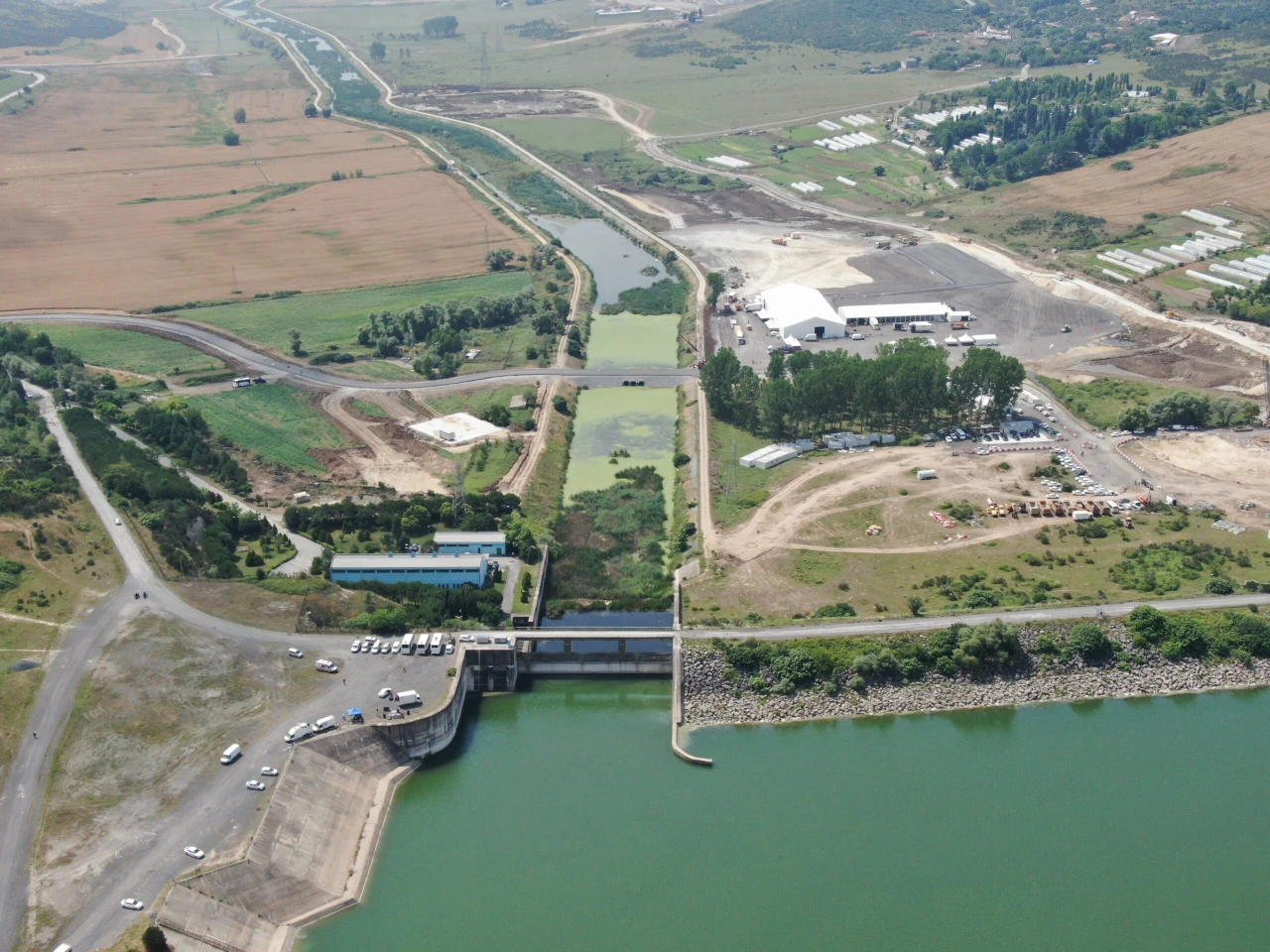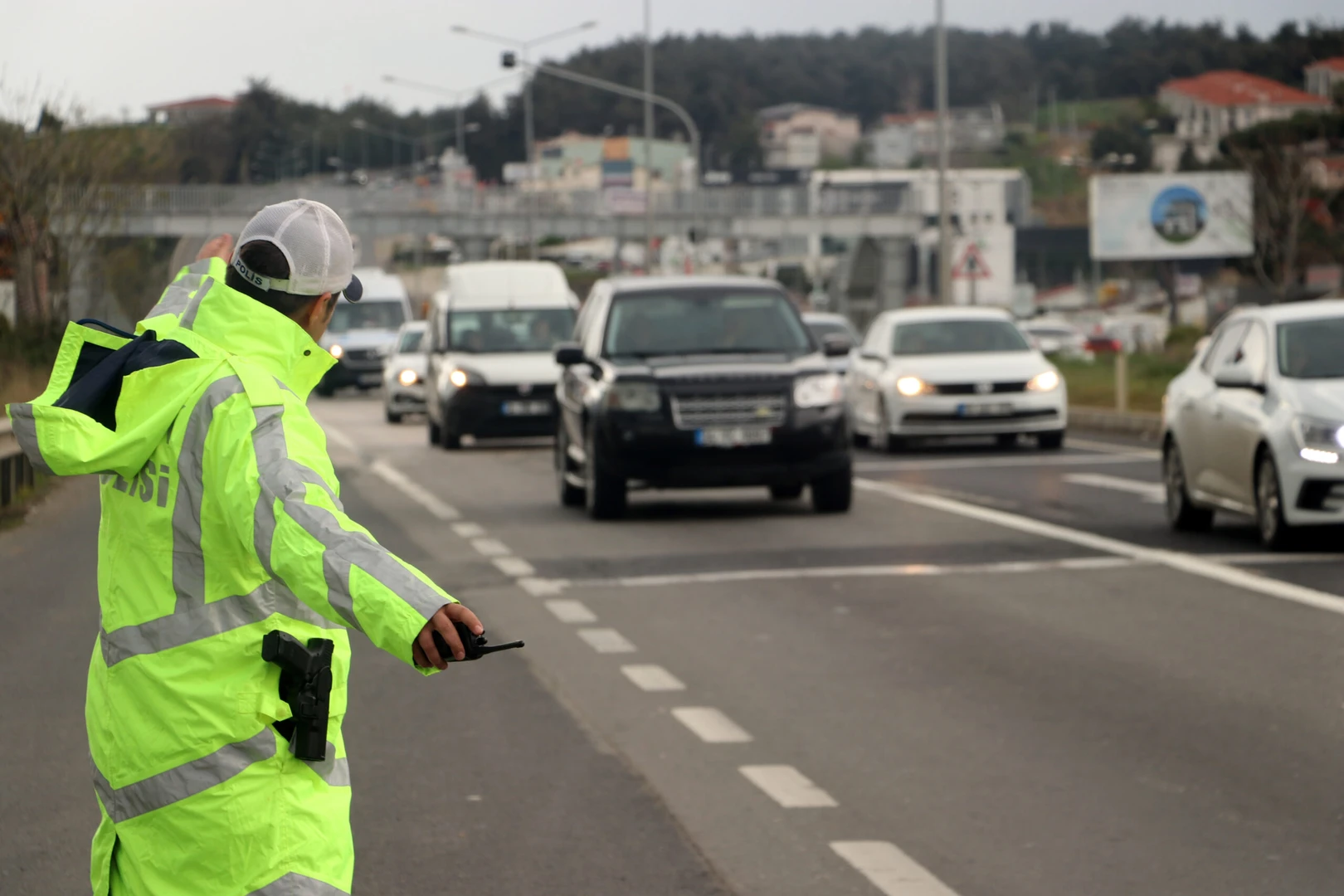Turkish Parliament to discuss draft law containing regulations on crypto assets
Preparations for a new law regulating crypto assets in Türkiye are complete, aiming to mitigate risks associated with crypto transactions and align with international standards
Ruling Development and Justice Party (AK Party) Group Deputy Chairman Abdullah Guler chaired a meeting to finalize preparations for a draft law containing regulations on crypto assets. The draft is planned to be submitted to the Turkish Parliament within the week.
The draft aims to reduce the risks of parties dealing with crypto assets in Türkiye, similar to international practices.
Platforms to be licensed by the CMB With the comprehensive definition of crypto assets in the regulation, the aim is to license the platforms where these assets are traded by the Capital Markets Board (CMB) and to include them within the scope of CMB regulation and supervision.
The draft will include provisions regarding the custody of cash and crypto assets held on behalf of customers, relationships between platforms and customers, and applicable sanctions and penalties. Criteria for the operation of platforms will be determined through secondary regulation.
The draft law will include provisions authorizing the Capital Markets Board to grant permission and impose conditions for the sale or distribution of crypto assets whose value cannot be separated from the blockchain and similar technologies developed by individuals.
The regulation aims to involve the Scientific and Technological Research Council of Türkiye (TUBITAK) in this process to encourage software architecture development for blockchain and related technological tools.
Upon the enactment of the regulation on crypto assets and the commencement of licensing for crypto asset service providers, criticisms brought under the Financial Action Task Force (FATF) Technical Standard No. 15 are expected to be addressed, and Türkiye will move out of the “partially compliant” category.
What is the Financial Action Task Force?
FATF is the global watchdog for money laundering and terrorist financing. It sets international standards to prevent these illegal activities and the harm they cause society.
Source: Newsroom



